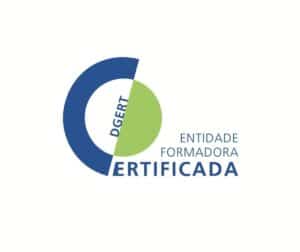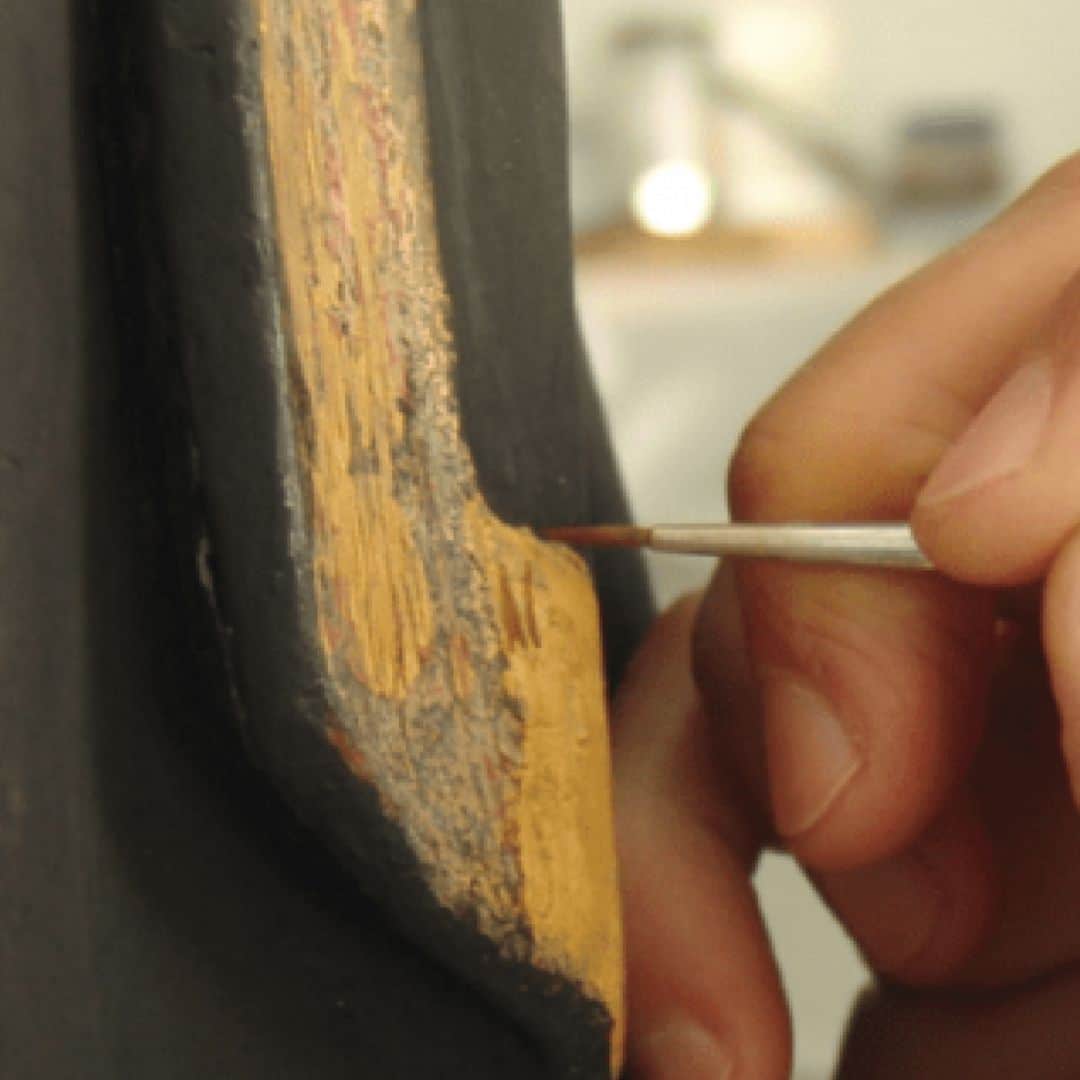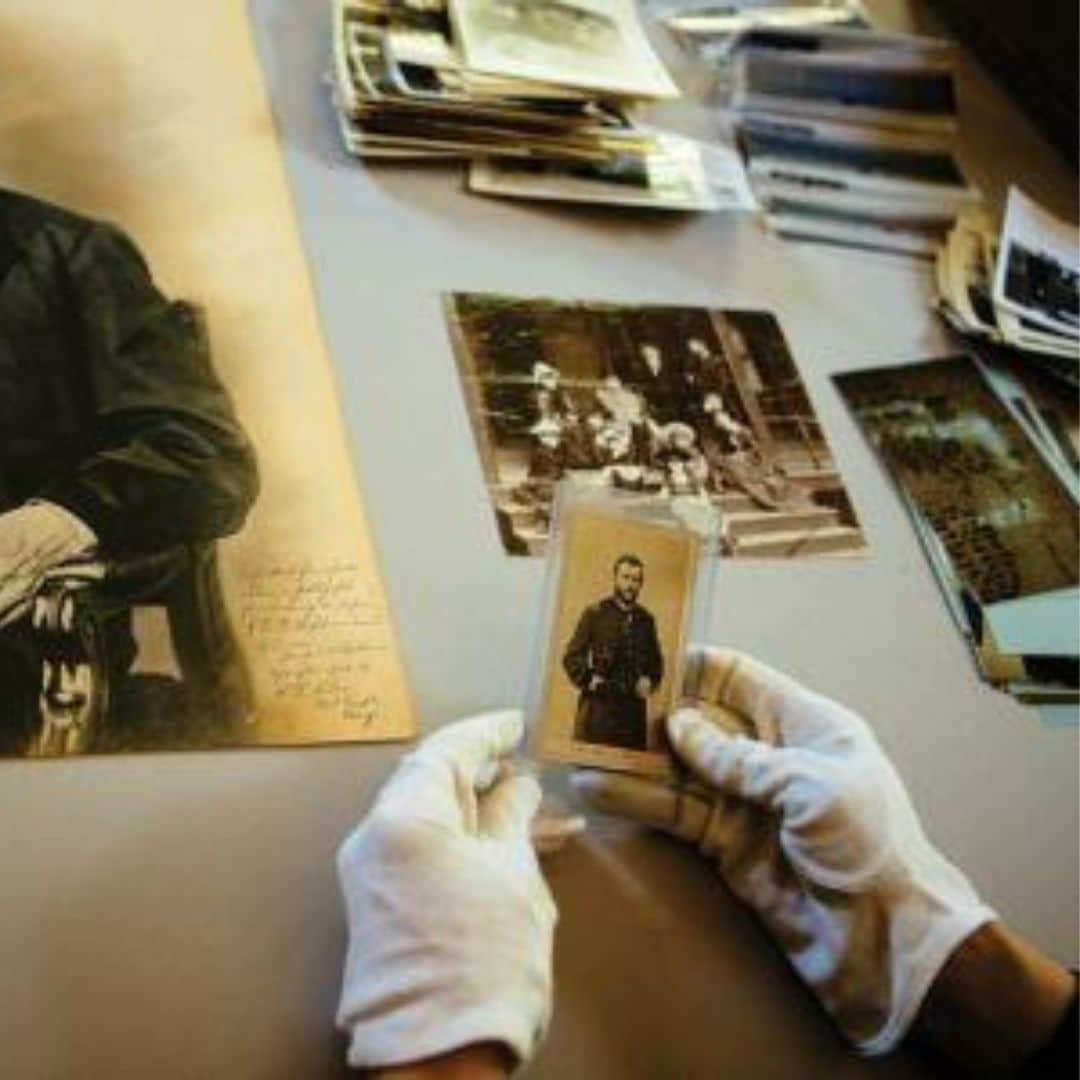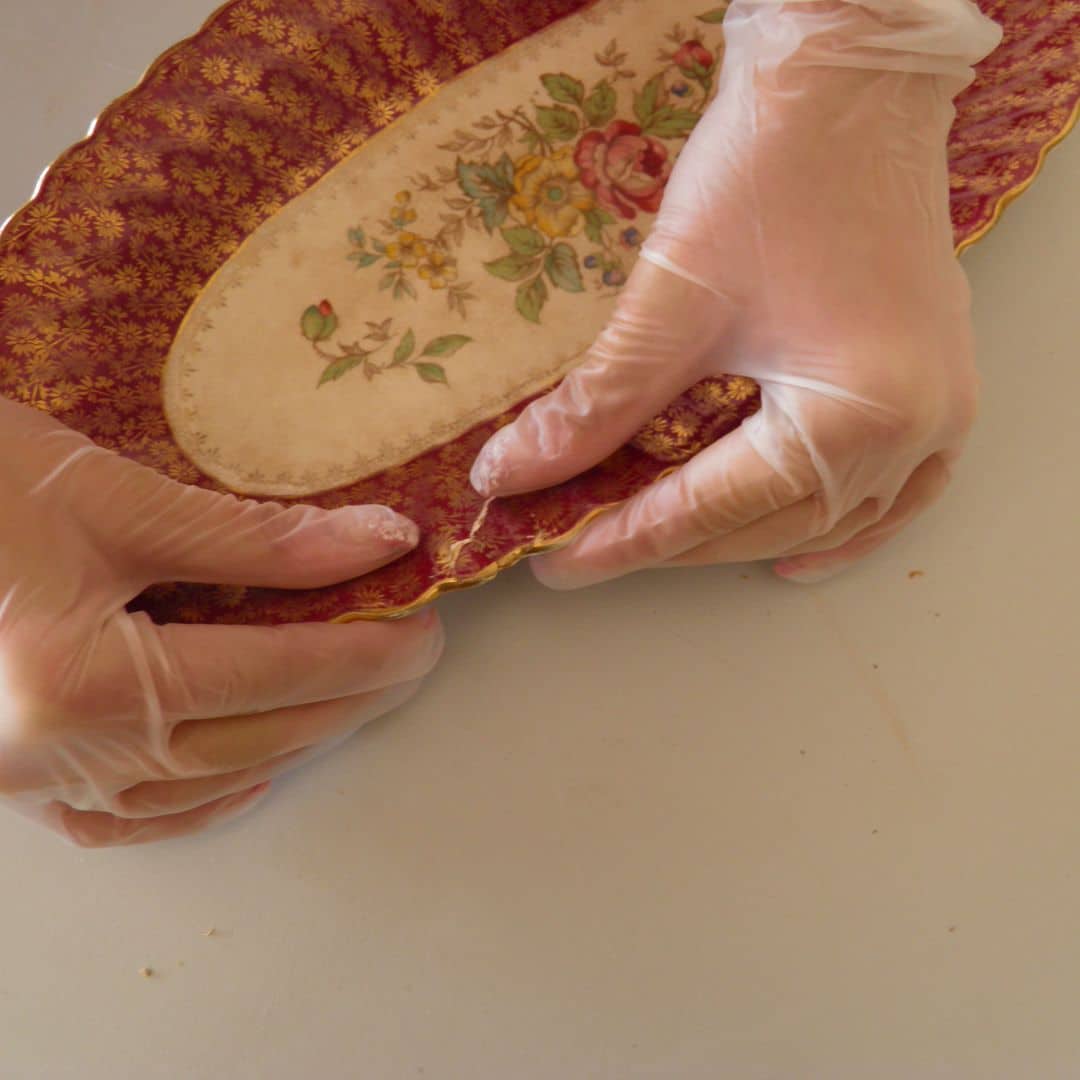How did the Romans live? In the online course Culture, Beliefs and Life in Ancient Rome learn about life in Ancient Rome – its culture, beliefs, architecture, personalities, what people ate, how they dressed, and how society functioned.
What did Romans believe?
What did Romans eat?
How did Romans have fun?
How was life in Ancient Rome ?
How did Romans dress and comb their hair?
How did Roman society work?
What great personalities marked Ancient Rome?
How was life in Ancient Rome from birth to adult age?
Course language: English Also available in: Português | Español
Culture, Beliefs and Life in Ancient Rome

The Roman people have always fascinated us with the way they expanded, the gift for engineering, the polytheistic beliefs, the fun and the shows with death and the excesses at banquets. And we often wonder how it was really like life in Ancient Rome and in the Roman Empire.
This course intends to focus the study on this society of Classical Antiquity, approaching the culture, beliefs and life in Ancient Rome .
Who should take this certificated online course ?
How it works
Course structure – Culture, beliefs and life in Ancient Rome
1 – Culture, Leisure and Excesses
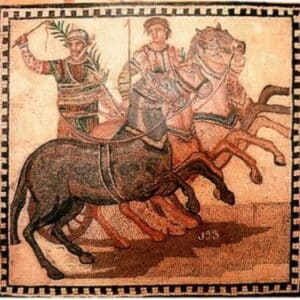
The Circus and the horse chariots races.
The Amphitheater and the combats.
The Baths.
The Banquets.
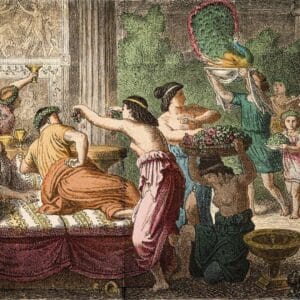
2 – Beliefs, Gods and Sacrifices
Graeco-Roman paganism.
The sacrifices.
The temples.
The gods (Jupiter, Juno, Neptune, Pluto, Minerva, Mars, Venus, Vulcan, Apollo, Diana, Mercury, Ceres, Bacchus…).
3 – Food and Fashion in Ancient Rome
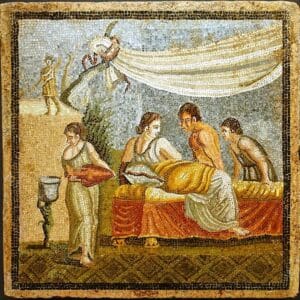
The Clothing.
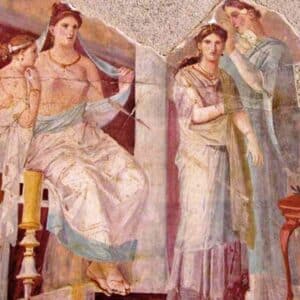
The Hairstyle.
The Food and the Wine.
4 – Personalities who marked life in Ancient Rome
Caesar Augustus.
Caligula.
Nero.
5 – Important Events in Archaeology
The discovery of the buried cities of Pompeii and Herculaneum.
6 – Roman homes
The Insullae.
The Villae.
7 – Roman Life
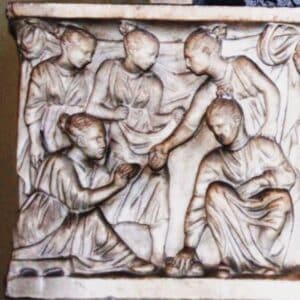
- The birth
- The adoption
- Adult age
- Sexuality
- The slaves
- The streets of Ancient Rome
- Homosexuality
- Health and magic
- The roman calendar.
Author
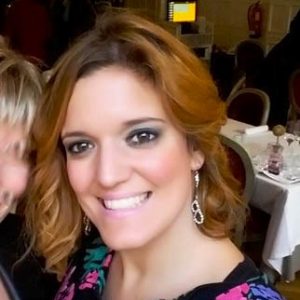
Diana Ferreira
Graduate in Art History from the Faculdade de Letras of the University of Porto and Master in Museology (Spain: Valladolid).
Worked in the Galleria Nazionale d’Arte Moderna di Roma and was part of the managing staff of the Uffizi Gallery, in Florence.
Studied and worked in Italy and Spain several times on scholarships. Trainer and head teacher for the subject on Art History in Porto, and Introduction to History of Art, Iconography and History of Architecture at the Academy of Art in Florence.
The book Guia dos Tesouros Arquitectónicos (Lisbon: Chiado Editores, 2014) was published in 2014, product of an in-depth investigation on the addressed topics.
How do the certificated online courses work?
Access 24 hours a day for unlimited time
It means that, as soon as you receive your confirmation code, you can enter all the course content at any time you want, for as long as you want and without a deadline.
Even after taking the assessment and receiving the certificate, you can continue to consult as many times as you need.
All your courses will be available from Citaliarestauro.com website.
Your account in Citaliarestauro.com
You will have a personal area in our site to which you will have exclusive access.
With direct access to all your courses, certificates or e-books.Estimated duration
It means the number of hours that we estimate to be necessary to understand the contents and successfully carry out the knowledge assessment.
These are the hours that will appear on the training certificate.
But it is not a limit or an imposition. You can enter your course as many times as you want and for as long as you want.
Access from any device
Our website, online courses and e-books are optimized for easy navigation and consulting from any desktop computer, tablet or mobile phone.
Whatever the device or operating system used, navigation and content, whether text, images, videos or others, are adapted to make your experience pleasant and functional.
Includes assessment and certificate
It means that they are already included in the course price.
You will never be asked for other payments or subscriptions to receive your certificate.
Assessment
It takes place on the platform itself and has no date or time. You can do it only when you feel your learning is complete.
Certified training institute
It means that we are a training entity certified by DGERT (Ministry of Labor, Solidarity and Social Security of Portugal) – Training entity certificate nº 1800/2015.
What means:
- that training certificates are valid for all legal and skills qualification purposes
- that certificates are valid internationally as they respect the European Union certification rules
- that strict rules and principles are respected in pedagogical and organizational terms
- that all legal, fiscal and payment regulations are respected

